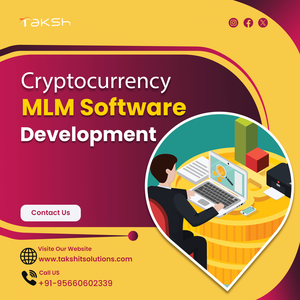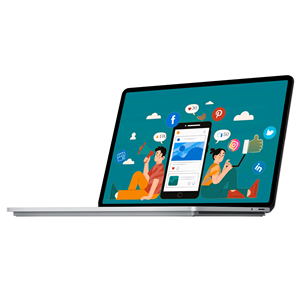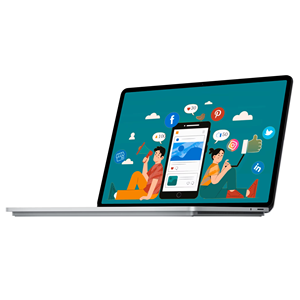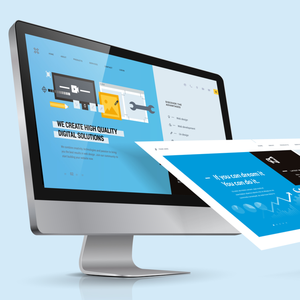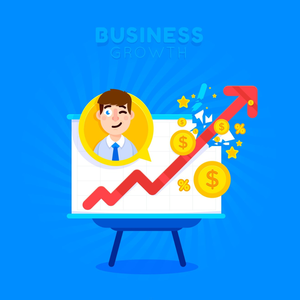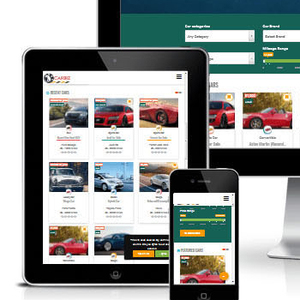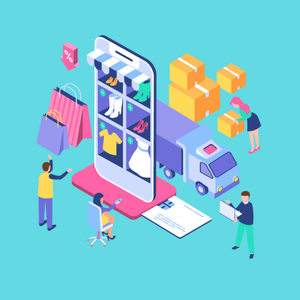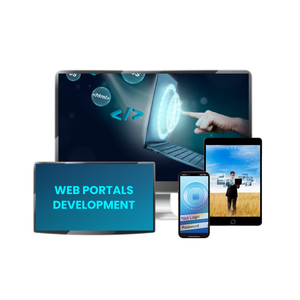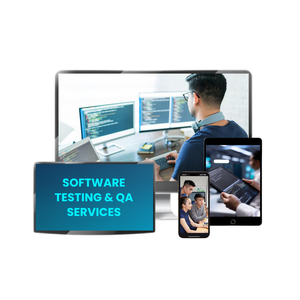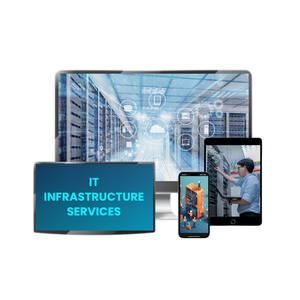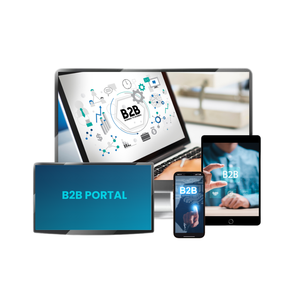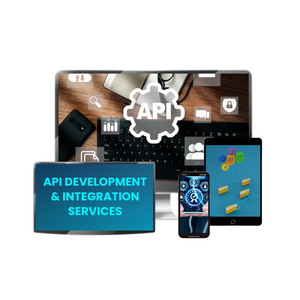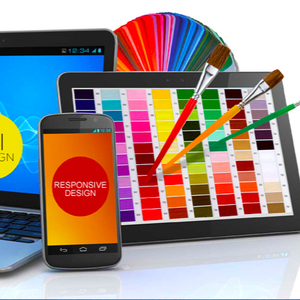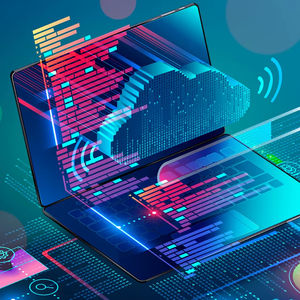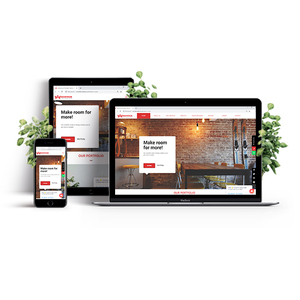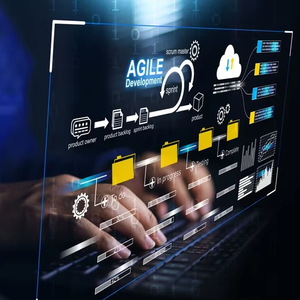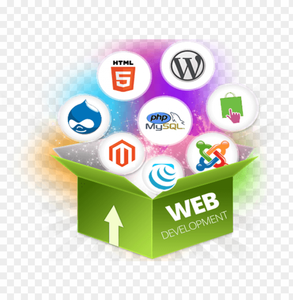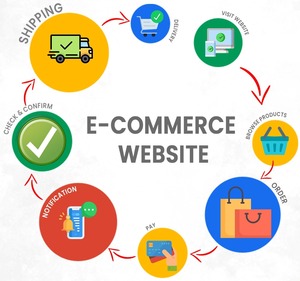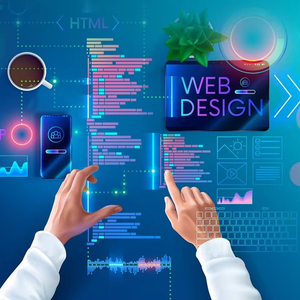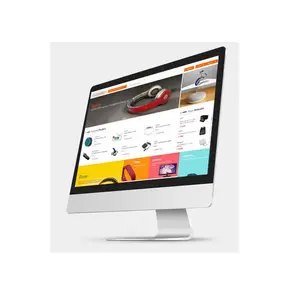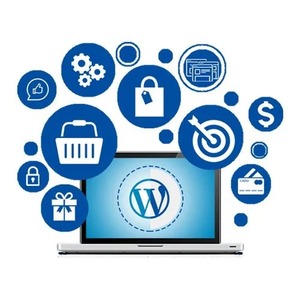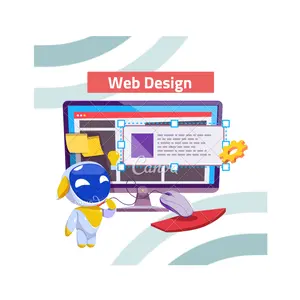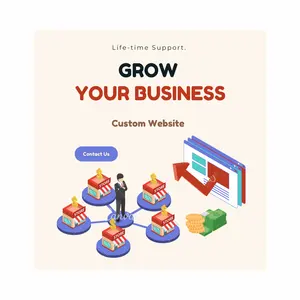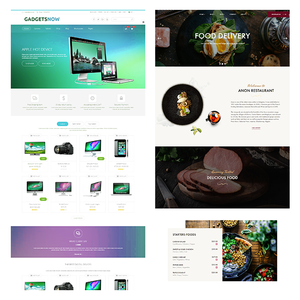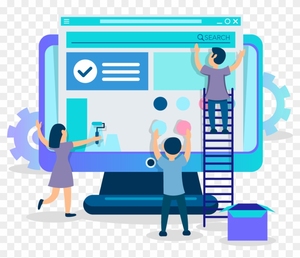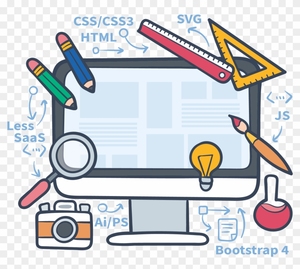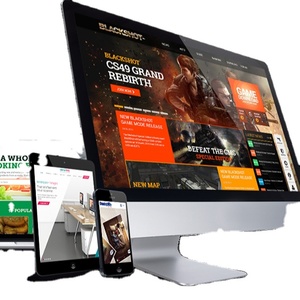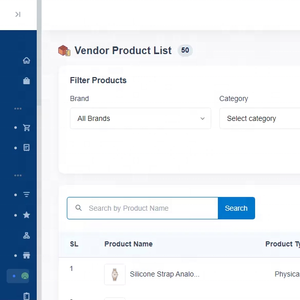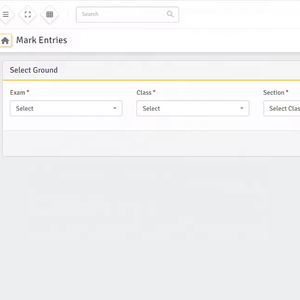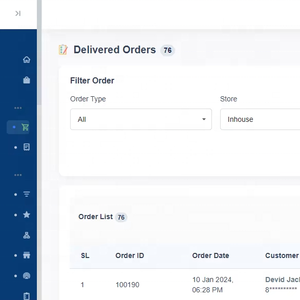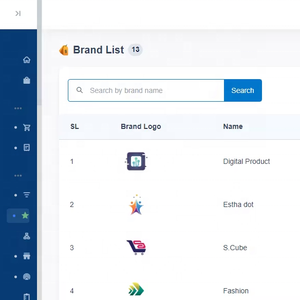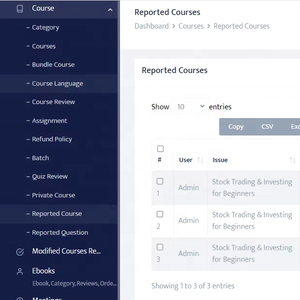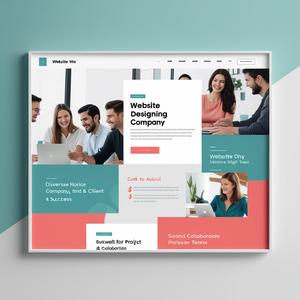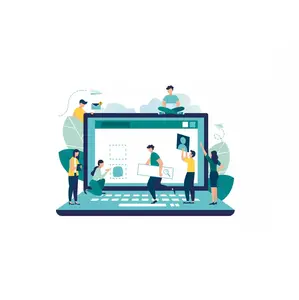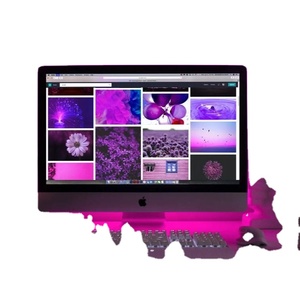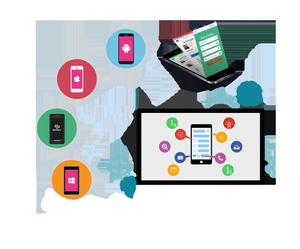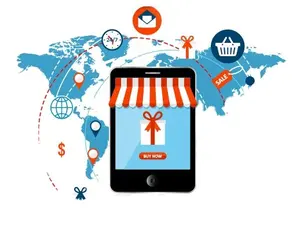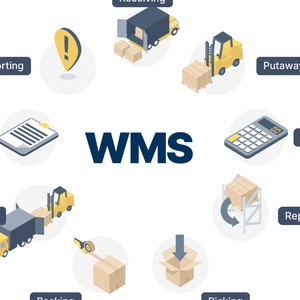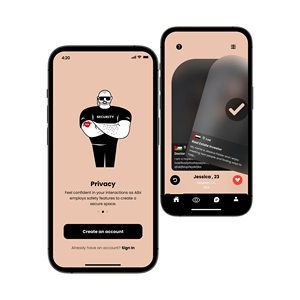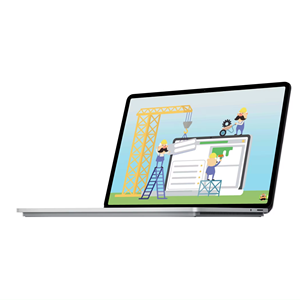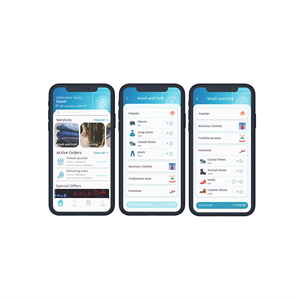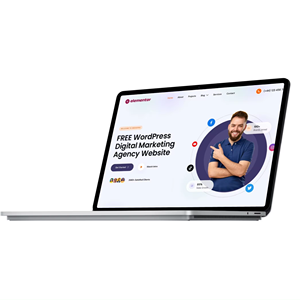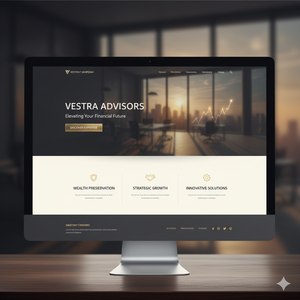B2b Portals In World

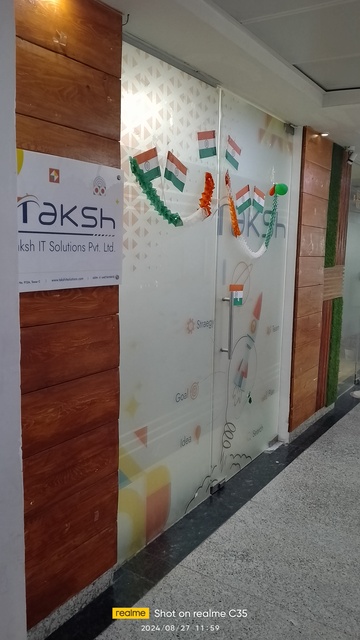







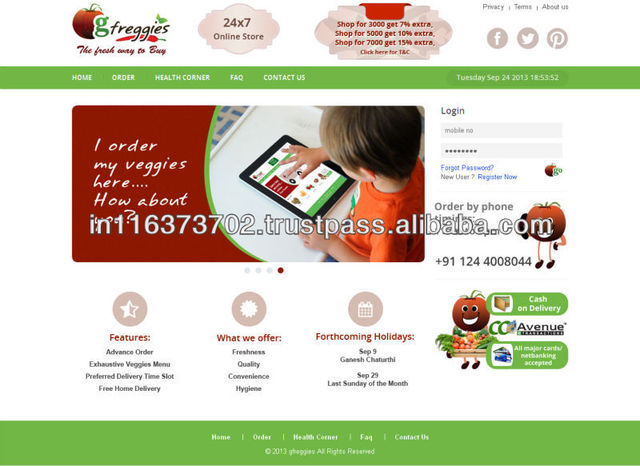

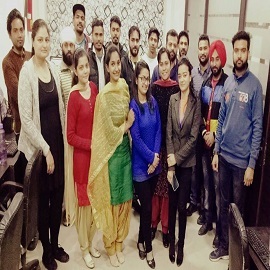



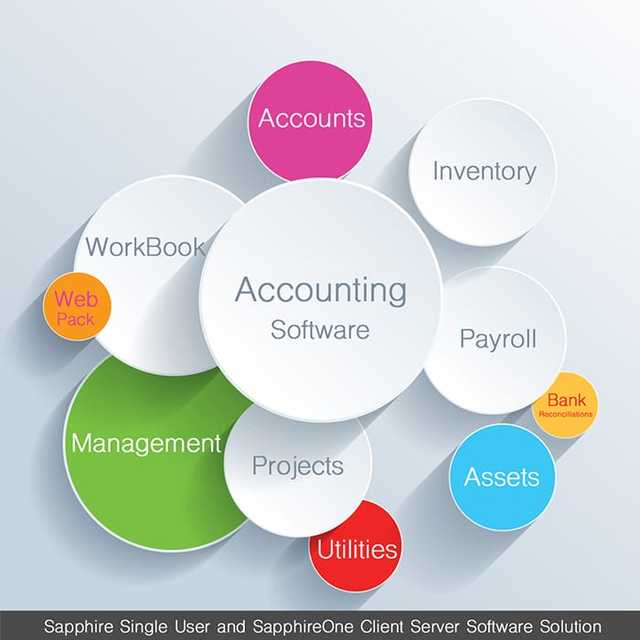





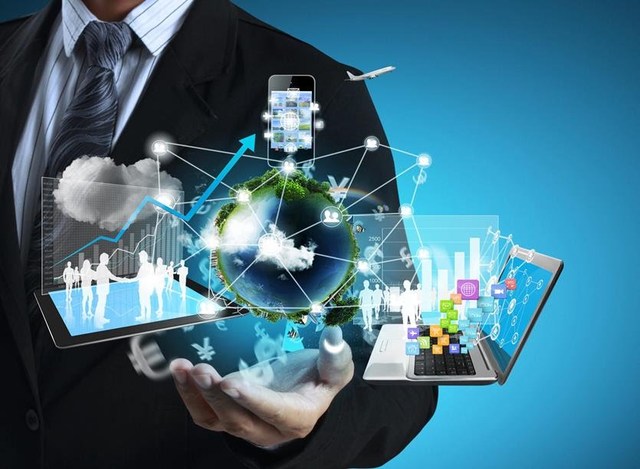

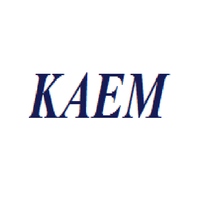



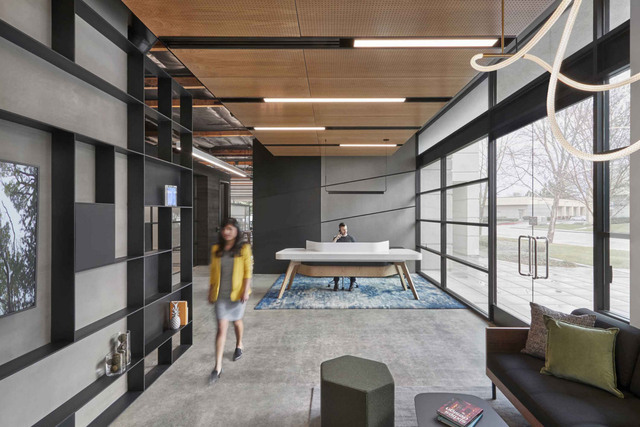

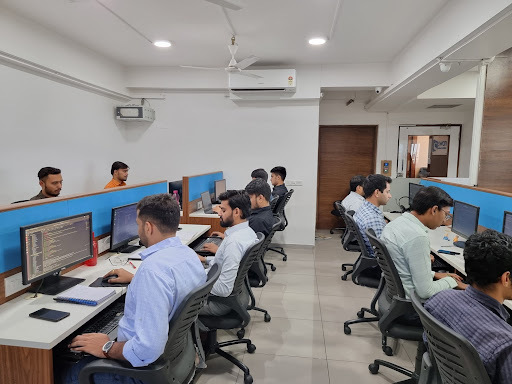

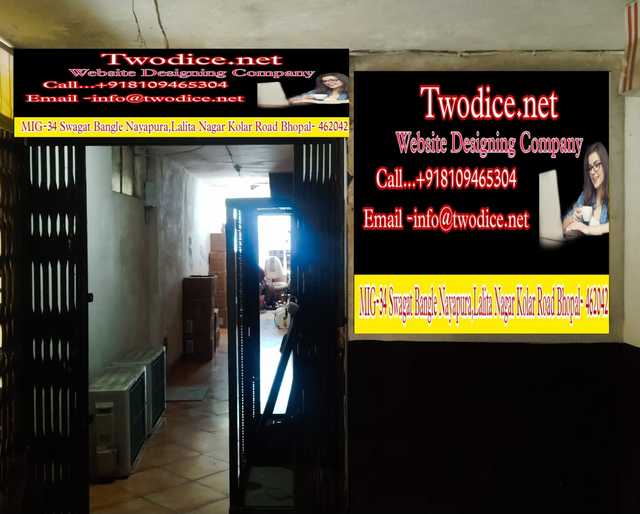



 CN
CN



 1/4
1/4

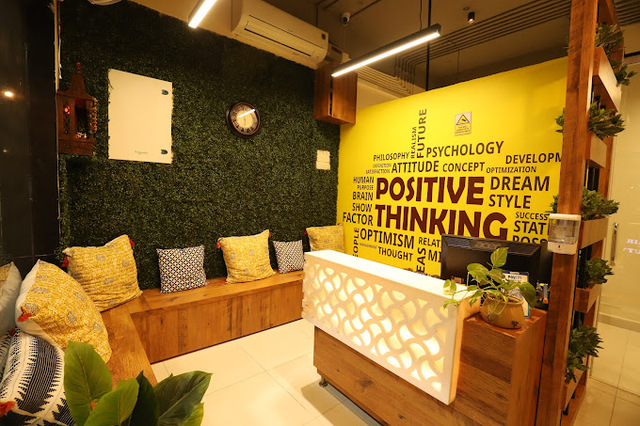

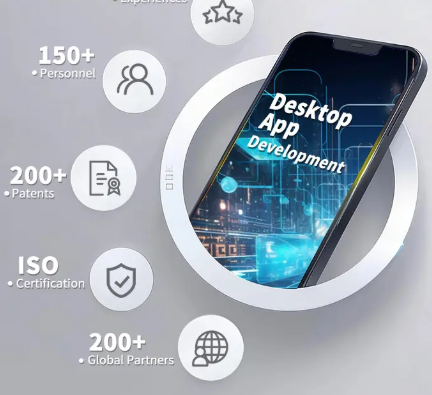
About b2b portals in world
Where to Source B2B Portal Development Services Globally?
The global market for B2B portal development is concentrated among specialized software firms in India, China, and Southeast Asia, with India emerging as a dominant hub due to its deep pool of IT talent and cost-efficient service delivery. Key suppliers are clustered in technology corridors such as Bangalore, Hyderabad, and Pune, where access to skilled developers in full-stack web frameworks, cloud infrastructure, and API integrations enables rapid deployment of scalable B2B platforms.
These regions offer mature outsourcing ecosystems supported by English-speaking technical teams, 24/7 project coordination, and agile development methodologies. Buyers benefit from shorter development cycles—typically 6–12 weeks for MVP deployment—and flexible engagement models ranging from fixed-price packages to dedicated team staffing. The presence of vertical-specific expertise in e-commerce, supply chain management, and multi-vendor marketplace design further enhances customization capabilities for international clients.
How to Evaluate B2B Portal Service Providers?
Procurement decisions should be guided by structured evaluation criteria focused on technical capability, operational responsiveness, and transaction security:
Technical Expertise Validation
Confirm proficiency in core technologies including React/Vue.js for front-end, Node.js or Django for back-end, and integration with payment gateways (including cryptocurrency support). Prioritize suppliers offering responsive, SEO-optimized designs compatible with mobile and desktop environments. Verify experience in developing features such as user dashboards, product catalogs, order tracking, and vendor management systems.
Operational Performance Metrics
Assess supplier reliability using measurable indicators:
- Response time under 4 hours (ideal benchmark: ≤1 hour)
- On-time delivery rate exceeding 75%
- Proven online revenue generation (indicative of active client base)
- Portfolio diversity across B2B, B2C, and hybrid e-commerce models
Cross-reference these metrics with customer feedback and reorder rates where available.
Transaction and Delivery Assurance
Utilize secure payment mechanisms such as escrow services to mitigate risk. Require clear milestones and source code handover terms. Insist on post-launch support agreements covering bug fixes, updates, and training. Review contractual clauses related to intellectual property rights and data ownership prior to engagement.
What Are the Leading B2B Portal Development Suppliers?
| Company Name | Main Products | Price Range (USD) | Min. Order | On-Time Delivery | Avg. Response | Online Revenue | Reorder Rate |
|---|---|---|---|---|---|---|---|
| TAKSH IT SOLUTIONS PRIVATE LIMITED | AI Applications, E-commerce Websites, Web Applications, APIs & Integrations | $4,500–$6,000 | 1 unit | 75% | ≤1h | US $2,000+ | - |
| CRISTA TECHNOLOGIES LLP | Software, Website Design & Development | $50–$300 | 1 unit | 75% | ≤1h | US $400+ | - |
| CORTEX WORK | Software, Multi-Vendor Marketplaces, Job Portals | $500–$2,000 | 2 pieces | - | ≤7h | - | - |
| INTELLISENSE TECHNOLOGY | PCBA Software, Alarm Systems, Smart Watch Accessories | $7–$10 | 2 pieces | - | ≤4h | - | - |
| GLOBAL GEMS | Mechanical & Quartz Watches, Moissanite Jewelry | $14–$140 | 1 unit | 66% | ≤2h | US $6+ | - |
Performance Analysis
TAKSH IT SOLUTIONS and CRISTA TECHNOLOGIES stand out for high-value, custom B2B portal projects, with premium pricing reflecting comprehensive development scope and strong responsiveness (≤1h). Both report verified online revenues and on-time delivery rates at 75%, indicating consistent service execution. In contrast, lower-priced providers like INTELLISENSE TECHNOLOGY and CORTEX WORK offer budget-friendly solutions but lack transparency in delivery performance and may cater more to template-based implementations.
Notably, GLOBAL GEMS lists B2B portal services despite a primary focus on luxury goods, suggesting potential reseller or white-label arrangements rather than proprietary development capacity. Buyers should exercise due diligence when engaging suppliers whose core offerings diverge significantly from software development. For mission-critical deployments, prioritize vendors with documented technical stacks, client references, and structured project management protocols.
FAQs
How to verify B2B portal supplier credibility?
Request case studies, GitHub repositories, or live demos of previously delivered portals. Validate company registration details and review third-party audit reports if available. Analyze response consistency and technical depth during initial consultations.
What is the typical development timeline for a B2B portal?
Standard B2B portals take 8–14 weeks from requirement gathering to launch. MVP versions can be deployed in 6 weeks using pre-built modules. Complex integrations (ERP, CRM, blockchain payments) may extend timelines to 16–20 weeks.
Can B2B portal suppliers integrate cryptocurrency payments?
Yes, select providers support USDT, BTC, ETH, and BNB payment gateways. Confirm wallet integration methods, transaction fee structures, and compliance with local financial regulations before implementation.
Do suppliers offer post-launch maintenance?
Most offer optional SLAs covering hosting, security patches, and feature upgrades. Typical support packages range from $100–$500/month depending on complexity and uptime requirements.
How to negotiate pricing for large-scale B2B portal projects?
Leverage milestone-based payments tied to deliverables. Request volume discounts for multi-portal deployments or long-term contracts. Use competitive quotes from multiple suppliers to establish market benchmarks and drive favorable terms.







